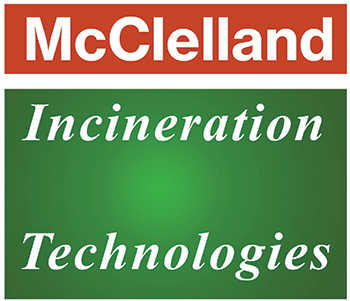- October 28, 2023
- by Chirag
- Mc Clelland
In the realm of waste management, incinerator projects often spark community concerns and opposition. From fears about air pollution to worries about property values, local residents and stakeholders may have valid questions and reservations about proposed incinerator facilities. Addressing these concerns and fostering open dialogue is essential for building trust and transparency around incinerator projects. Let’s explore the importance of community engagement and strategies for effective communication.
Understanding Community Concerns:
- The first step in effective community engagement is understanding the concerns and priorities of local residents and stakeholders. Hosting public meetings, conducting surveys, and soliciting feedback can provide valuable insights into community perceptions and preferences regarding incinerator projects.
Transparent Communication:
- Transparency is key to building trust and credibility with the community. Incinerator developers should proactively communicate project details, including proposed site locations, facility design, emissions control measures, and regulatory compliance efforts. Openness about potential environmental impacts and mitigation measures is essential for addressing community concerns.
Stakeholder Involvement:
- Engaging with a diverse range of stakeholders, including residents, community groups, local businesses, and environmental organizations, is critical for fostering inclusive decision-making and consensus-building. Establishing advisory committees or working groups can facilitate meaningful dialogue and collaboration throughout the project lifecycle.
Addressing Environmental and Health Concerns:
- Incinerator projects often raise questions about potential environmental and health impacts. Providing accurate information and scientific evidence regarding emissions control technologies, air quality monitoring, and health risk assessments can help alleviate concerns and dispel misconceptions. Collaborating with independent experts and regulatory agencies can enhance credibility and ensure rigorous environmental assessment and compliance.
Mitigating Socioeconomic Impacts:
- In addition to environmental considerations, incinerator projects may have socioeconomic implications for local communities, such as job creation, economic development, and property values. Engaging with community members to understand their needs and priorities can inform efforts to maximize positive impacts and address potential drawbacks through community benefits agreements, workforce development initiatives, and community reinvestment programs.
Long-Term Engagement and Accountability:
- Community engagement should not end once an incinerator project is approved or operational. Establishing mechanisms for ongoing communication, feedback, and accountability is essential for maintaining trust and addressing evolving community needs and concerns. Regular community meetings, newsletters, and online forums can facilitate continued dialogue and transparency.
In conclusion, effective community engagement is a cornerstone of responsible incinerator development and operation. By listening to community concerns, communicating transparently, and fostering collaboration, incinerator developers can build trust, address potential impacts, and create shared value for all stakeholders. Together, we can ensure that incinerator projects are implemented in a manner that promotes environmental sustainability, public health, and community well-being.



